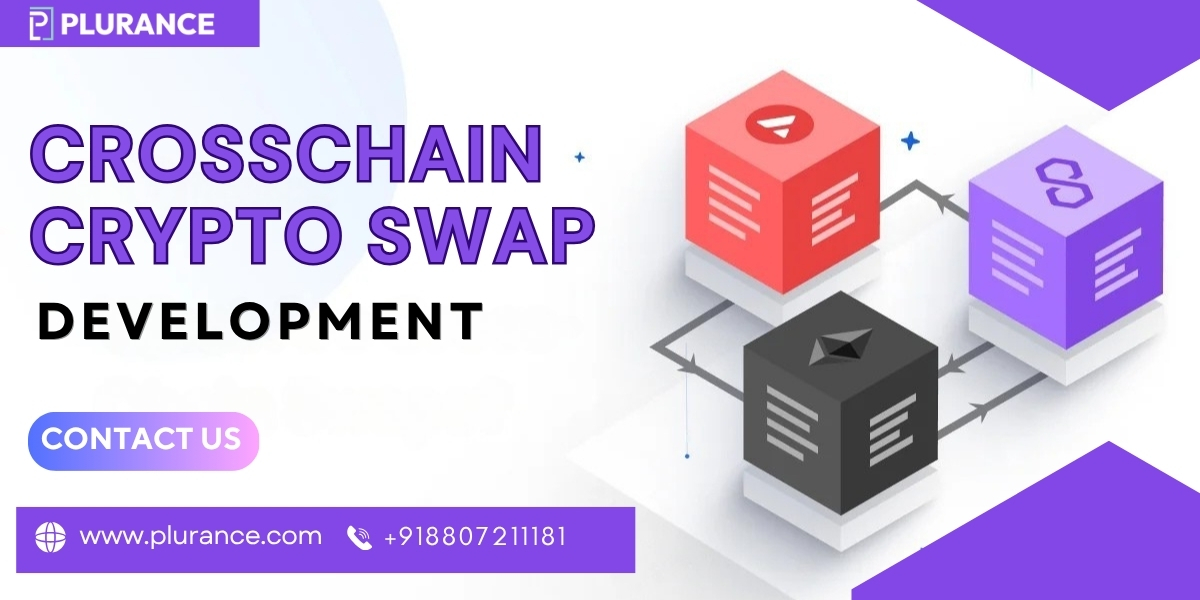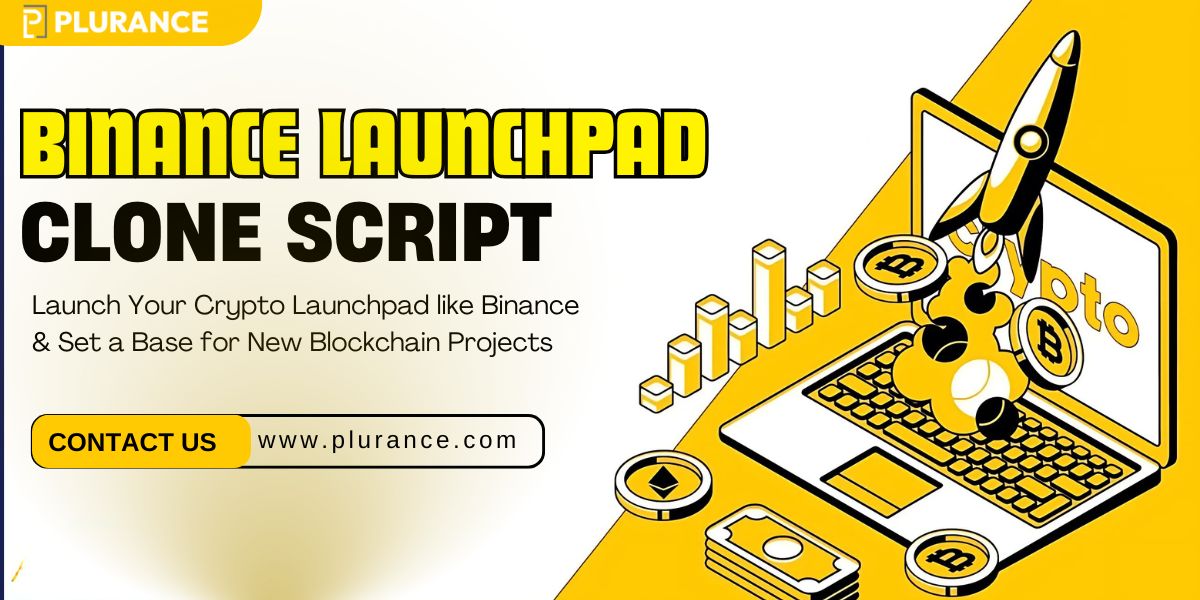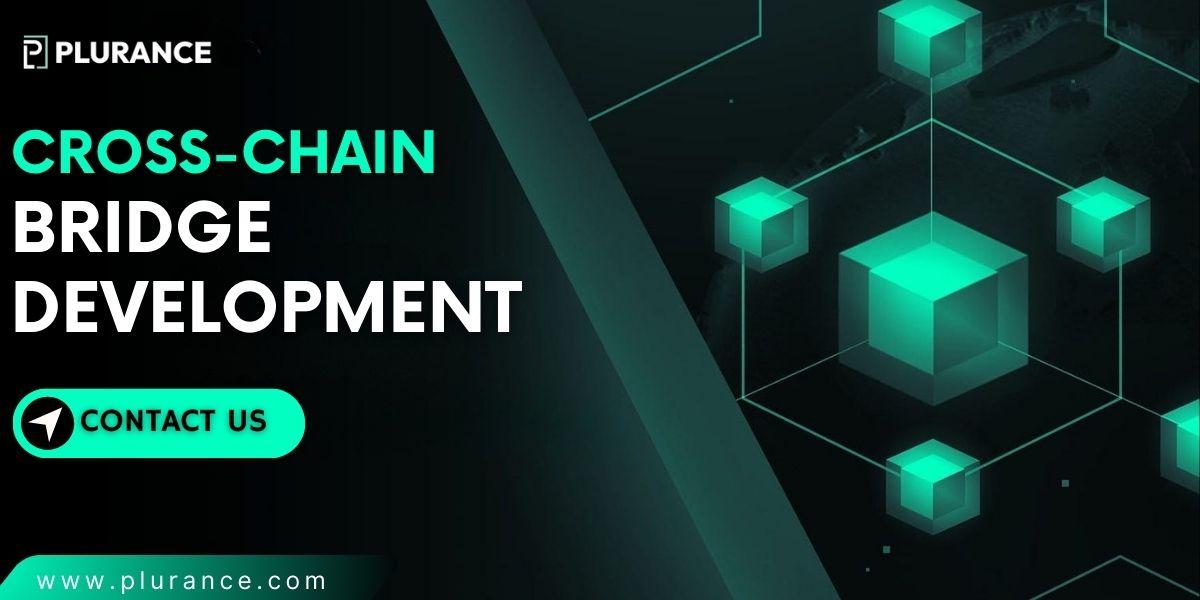The Binance Smart Chain has slight advantages over Ethereum blockchains, including lower gas costs, quicker transactions, improved cross-chain compatibility, and being built using Proof of Stake authority.
With its attractive Ethereum alternative, Binance Smart Chain has established itself as a dominant force in the blockchain industry. Its rapid popularity by both developers and users can be attributed to its emphasis on speed, cost effectiveness, and interoperability with Ethereum. The future of decentralized applications and smart contracts is going to be significantly influenced by BSC as the blockchain. High transaction throughput and quicker confirmation times compared to Ethereum are two of BSC's main features. Faster block creation and transaction finality are made possible by the delegated proof-of-stake (DPoS) consensus process used by BSC.
What is BSC Fork?
A Binance Smart Chain (BSC) fork is the process of deriving a new blockchain network from the codebase of the Binance Smart Chain. Forks can be divided into two categories: hard forks and soft forks.
Hard Fork: A hard fork is a major and non-backwards-compatible modification to the protocol of a blockchain. When a hard fork takes place on the BSC, a new, independent blockchain is produced that is incompatible with the old BSC network.
Soft Fork: A soft fork is a protocol adjustment to a blockchain that is backward-compatible. A soft fork in the context of BSC would entail protocol modifications that were nonetheless compatible with the original BSC network.
Benefits of BSC Forking
Faster transactions: Compared to the Ethereum blockchain, the Binance smart chain is able to validate transactions more quickly. The block size is larger and has scalable design to support many blockchain nodes. BSC forking can benefit from enabling a quicker transaction rate, which is most centered on the user.
Cross-chain Interoperability: Interoperability between Binance Chain and Binance Smart Chain is possible for tokens. This claims that by using forking, you can enable connections between different blockchain networks for any type of transaction or swapping process.
Proof of stake and Proof of Authority: Proof of stake is a fundamental governance mechanism built into the construction of the Binance smart chain.The primary factor in sustaining a blockchain that is secure is this Proof of stake (PoS) method. The authoritative access granted to validators who are chosen by the community is known as Proof of Authority (PoA).
Use Cases of BSC Fork
Depending on the objectives and intentions of the fork, forking the Binance Smart Chain (BSC) or any other blockchain can fulfill a variety of use cases. The following are some typical scenarios for BSC forking:
- Crypto Exchange development
- Dapps development
- DeFi apps development
- Token launch platforms
Why Choose Plurance for BSC Forking?
Plurance is the Leading Fork development company, who have a proven track record of proficiency and experience in the field. The technical nuances of blockchain technology should be well-understood by them. The legal and regulatory issues surrounding blockchain forking are matters that our team is well-versed in. In-depth security audits will be performed by our team to find and fix any flaws and guarantee the security of your blockchain. We also offer continuing support and maintenance to maintain your forked blockchain safe, current, and adaptable to community demands.




















 IND
IND














